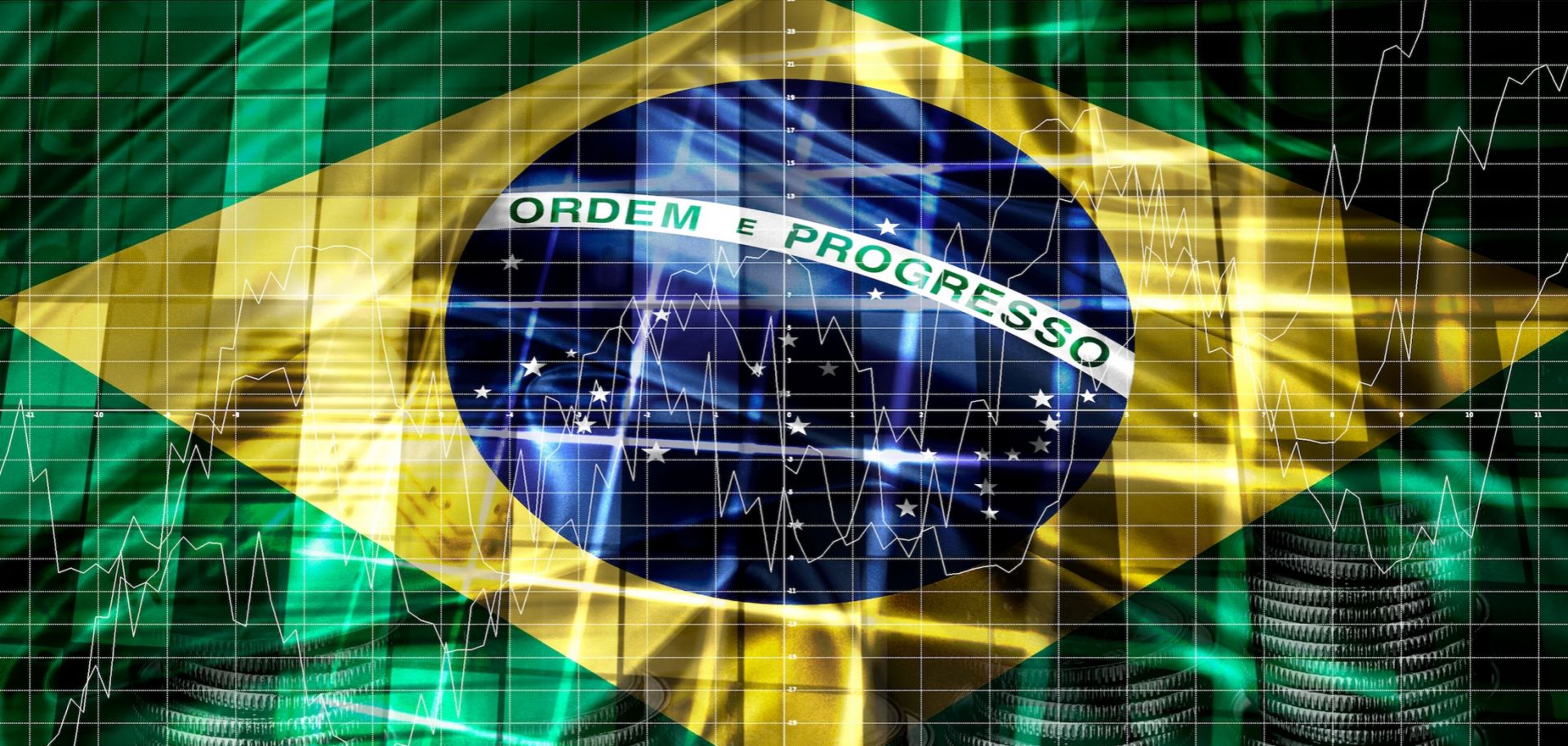Although Brazil's economic growth has increased in recent years, persistent structural challenges and an increasing government debt burden will be a drag on the medium-term outlook, as neither decisive fiscal consolidation nor broader structural reform will be forthcoming before the 2026 presidential and congressional elections. Over the past two decades, Brazil has managed to maintain systemic financial stability in the face of consecutive political and international economic and financial shocks, such as the 2008 global financial crisis, the 2014 Car Wash Scandal, the 2015 to 2016 impeachment of former President Dilma Rousseff and the 2020 COVID-19 pandemic. However, its economic performance was much weaker than during the noughties and weaker than most other emerging economies, including those in Latin America. Real economic growth averaged less than 1% over the past ten years. Over the past three years, however, Brazil's economic performance has improved. Higher growth has been in part supported...

